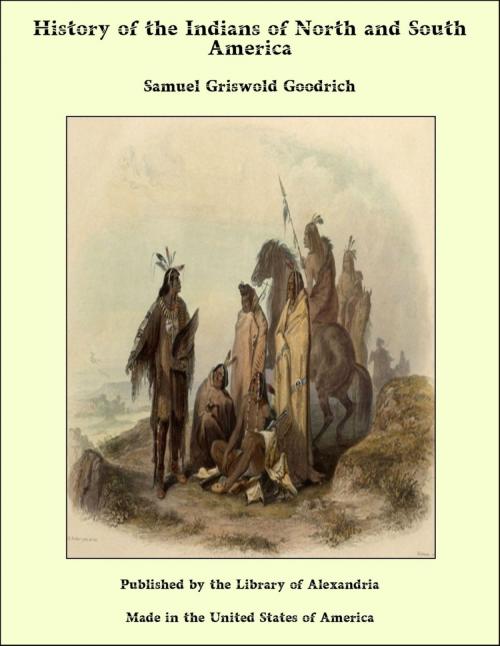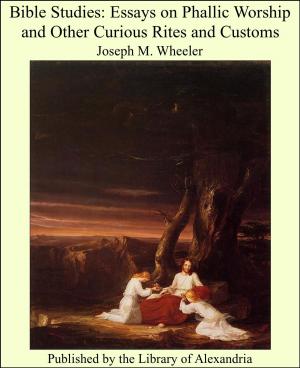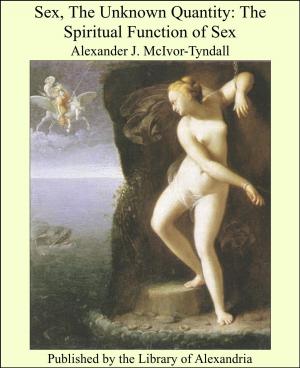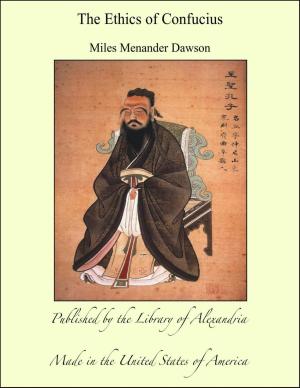History of the Indians of North and South America
Nonfiction, Religion & Spirituality, New Age, History, Fiction & Literature| Author: | Samuel Griswold Goodrich | ISBN: | 9781465614667 |
| Publisher: | Library of Alexandria | Publication: | March 8, 2015 |
| Imprint: | Language: | English |
| Author: | Samuel Griswold Goodrich |
| ISBN: | 9781465614667 |
| Publisher: | Library of Alexandria |
| Publication: | March 8, 2015 |
| Imprint: | |
| Language: | English |
The origin of the aborigines of America is involved in mystery. Many have been the speculations indulged and the volumes written by learned and able men to establish, each one, his favorite theory. Conjecture, by a train of ingenious reasonings and comparisons, has grown into probability, and finally almost settled down into certainty. For a time, as in the case of the celebrated “Letters of Junius,” the question has seemed decided; so plausible have appeared the proofs, that it would have been deemed almost like incredulity to gainsay them. But another supposition, more likely, has been started, and has supplanted the former; each, in its turn, has passed away, and we are perhaps no nearer the truth than before. We will notice a few of the most prominent of these opinions. The Indians have been supposed, by certain writers, to be of Jewish origin; either descended from a portion of the ten tribes, or from the Jews of a later date. This view has been maintained by Boudinot and many others; and Catlin, in his “Letters,” has recently advocated it, especially with respect to the Indians west of the Mississippi. In proof of this opinion, reference is made to similarities, more or less striking, in many of their customs, rites, and ceremonies, sacrifices, and traditions. Thus, he has found many of their modes of worship exceedingly like those of the Mosaic institutions. He mentions a variety of particulars respecting separation, purification, feasts, and fastings, which seem to him very decisive. “These,” he says, “carry in my mind conclusive proof, that these people are tinctured with Jewish blood.” Efforts have also been made, but with little success, to detect a resemblance of words in their language to the Hebrew, and some very able writers have adopted the opinion, that this fact is established. That there may be such resemblances as are supposed is very probable, yet they are perhaps accidental, or such only as are to be found among all languages. Besides, allowance must be made for the state of the observer’s mind, and his desire to find analogies, as also for his ignorance of the Indian language in its roots, and his liability to confound their traditions with his own fancies. Many of these similarities, moreover, belong rather to the general characteristics of the Patriarchal age, than to the peculiarities of the Jewish economy. Even admitting the analogies in manners and customs mentioned by Catlin and others, they are not so striking as are those of the Greeks, as depicted by Homer, to those of the Jews, as portrayed in the Bible. There are striking resemblances between the ideas and practices of our American Indians, and those of many Eastern nations, which show them to be of Asiatic origin, but yet they do not identify them more with the Jews than with the Tartars, or Egyptians, or even the Persians.
The origin of the aborigines of America is involved in mystery. Many have been the speculations indulged and the volumes written by learned and able men to establish, each one, his favorite theory. Conjecture, by a train of ingenious reasonings and comparisons, has grown into probability, and finally almost settled down into certainty. For a time, as in the case of the celebrated “Letters of Junius,” the question has seemed decided; so plausible have appeared the proofs, that it would have been deemed almost like incredulity to gainsay them. But another supposition, more likely, has been started, and has supplanted the former; each, in its turn, has passed away, and we are perhaps no nearer the truth than before. We will notice a few of the most prominent of these opinions. The Indians have been supposed, by certain writers, to be of Jewish origin; either descended from a portion of the ten tribes, or from the Jews of a later date. This view has been maintained by Boudinot and many others; and Catlin, in his “Letters,” has recently advocated it, especially with respect to the Indians west of the Mississippi. In proof of this opinion, reference is made to similarities, more or less striking, in many of their customs, rites, and ceremonies, sacrifices, and traditions. Thus, he has found many of their modes of worship exceedingly like those of the Mosaic institutions. He mentions a variety of particulars respecting separation, purification, feasts, and fastings, which seem to him very decisive. “These,” he says, “carry in my mind conclusive proof, that these people are tinctured with Jewish blood.” Efforts have also been made, but with little success, to detect a resemblance of words in their language to the Hebrew, and some very able writers have adopted the opinion, that this fact is established. That there may be such resemblances as are supposed is very probable, yet they are perhaps accidental, or such only as are to be found among all languages. Besides, allowance must be made for the state of the observer’s mind, and his desire to find analogies, as also for his ignorance of the Indian language in its roots, and his liability to confound their traditions with his own fancies. Many of these similarities, moreover, belong rather to the general characteristics of the Patriarchal age, than to the peculiarities of the Jewish economy. Even admitting the analogies in manners and customs mentioned by Catlin and others, they are not so striking as are those of the Greeks, as depicted by Homer, to those of the Jews, as portrayed in the Bible. There are striking resemblances between the ideas and practices of our American Indians, and those of many Eastern nations, which show them to be of Asiatic origin, but yet they do not identify them more with the Jews than with the Tartars, or Egyptians, or even the Persians.















